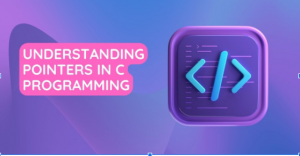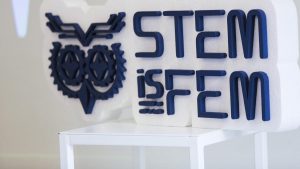Introduction to Pointers in C Programming
Pointers are an essential concept in the C programming language. They allow you to manipulate memory directly and access data in a more efficient and flexible manner. While they can be challenging to understand at first, mastering pointers can greatly enhance your ability to write efficient and powerful code.
Understanding Pointers
In C programming, a pointer is a variable that holds the memory address of another variable. Instead of directly storing a value, a pointer stores the address where the value is stored in memory. This indirect way of accessing data allows for more efficient memory management and enables advanced programming techniques.
Benefits of Using Pointers
1. Efficient Memory Management
One of the main advantages of using pointers is efficient memory management. By manipulating memory directly, you can allocate and deallocate memory dynamically, which is especially useful when working with large data structures or when memory usage needs to be optimized. Pointers allow you to allocate memory on the heap, which can be released when it is no longer needed, preventing memory leaks.
2. Pass-by-Reference
Pointers also enable pass-by-reference, a technique where a function can modify the value of a variable in the calling function. Instead of passing the value of a variable, you can pass its address using a pointer. This allows the function to directly access and modify the original variable, saving memory and improving performance.
3. Data Structures and Dynamic Memory Allocation
Pointers are crucial when working with data structures such as linked lists, trees, and graphs. These data structures often require dynamic memory allocation, and pointers provide a way to efficiently manage and traverse these structures. Pointers allow you to create complex data structures and manipulate them easily, providing flexibility and versatility in your programs.
Common Uses of Pointers
1. Arrays
Pointers and arrays are closely related in C programming. In fact, arrays in C programming are implemented using pointers. When you declare an array, you are actually creating a pointer to the first element of the array. This allows you to access array elements using pointer arithmetic, which can be more efficient than traditional array indexing.
2. Dynamic Memory Allocation
Dynamic memory allocation is a powerful feature provided by pointers. It allows you to allocate memory at runtime, rather than at compile time. This is particularly useful when you don’t know the size of the data you need to store in advance or when you need to allocate memory dynamically based on program conditions.
3. Function Pointers
Function pointers are pointers that point to functions instead of data. They allow you to store and pass functions as arguments to other functions, enabling powerful callback mechanisms and dynamic function invocation. Function pointers are widely used in event-driven programming and for implementing callbacks in libraries and frameworks.
Conclusion
Pointers are a fundamental concept in C programming and offer numerous benefits. They provide efficient memory management, enable pass-by-reference, and are essential for working with data structures and dynamic memory allocation. While they can be challenging to grasp initially, mastering pointers will greatly enhance your programming skills and allow you to write more efficient and flexible code. So, take the time to understand and practice using pointers in your C programs.


